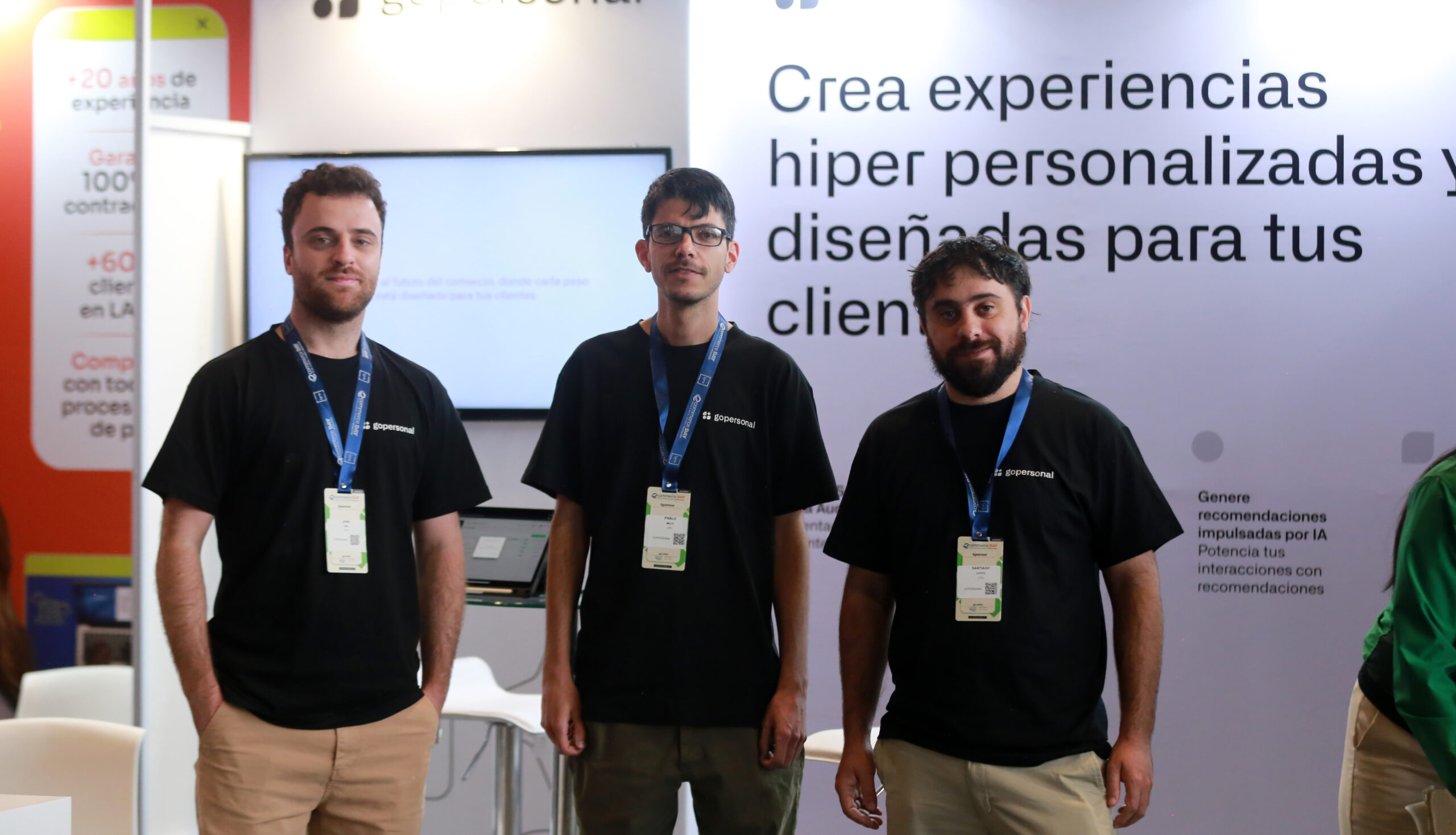If you're a startup looking to scale your engineering team, remote work is an excellent option to consider. With the rise of remote and hybrid teams, you can now access talent from all over the world. This means that you can build a team that is not limited by location, and take advantage of the unique skills and experiences that people from different cultures and backgrounds can bring to your company.
However, building and scaling a remote engineering team comes with its own set of challenges. Without the right tools, processes, and communication channels, it can be difficult to maintain team cohesion and ensure that everyone is working towards the same goals. In this article, we'll explore some best practices for scaling global remote engineering teams, so that you can build a team that is productive, efficient, and aligned with your company's vision.
Hiring the Right Talent
Building a strong remote engineering team starts with hiring the right talent. Here are some key steps to follow:
Defining Roles and Responsibilities
Before you start your hiring process, it's important to define the roles and responsibilities of the positions you want to fill. This will help you attract the right candidates and ensure that everyone is clear on what is expected of them. Make sure to clearly define the technical skills and experience required for each role, as well as any soft skills that are important for working in a remote team.
Consider using job description templates to help you create clear and concise job postings that will attract the right candidates. Be sure to include information about your company culture and values, as well as any benefits or perks of working for your organization.
Assessing Technical Skills
When assessing technical skills, it's important to have a structured process in place that allows you to evaluate candidates objectively. Consider using coding challenges or technical assessments to test candidates' skills and ensure that they have the knowledge and experience required for the role.
It's also important to involve multiple team members in the technical assessment process to get a more well-rounded view of each candidate's skills. This can help you avoid biases and ensure that you are hiring the best possible candidate.
Evaluating Cultural Fit
Cultural fit is an important factor to consider when building a remote engineering team. You want to make sure that each candidate shares your company's values and is a good fit for your team dynamic.
Consider using behavioral interview questions to assess cultural fit. Ask questions that will help you understand how each candidate works in a team environment, how they handle conflict, and how they approach problem-solving. It's also a good idea to involve multiple team members in the interview process to get a more well-rounded view of each candidate's fit with your team.
By following these steps and taking a structured approach to hiring, you can build a strong remote engineering team that will help your organization succeed.
Making an Offer
When it’s time to make an offer and sign the contract, be 100% digital:
- For template job offers, we recommend Pitch
- For compensation simulation, we recommend Google Sheets
- For contracts, we recommend PandaDoc
- For a global payment system, we recommend Deel
- For stock options, we recommend Carta
Building a Strong Communication Framework
Scaling a remote engineering team requires a strong communication framework. Communication is the backbone of any successful team, and it becomes even more critical when team members are working in different parts of the world. In this section, we will discuss how to establish effective communication protocols, leverage collaboration tools, and encourage regular feedback to ensure your global team stays connected and productive.
Establishing Communication Protocols
Establishing communication protocols is essential to ensure that all team members are on the same page. It is crucial to set clear expectations about how and when team members should communicate. You can establish communication protocols by:
- Defining communication channels: Determine which communication channels to use for different types of communication. For example, use email for formal communication and instant messaging for quick questions and updates.
- Setting response times: Set expectations for how quickly team members should respond to messages. This helps to avoid delays in communication and ensures that everyone is on the same page.
- Defining meeting schedules: Establish regular meeting schedules to ensure that all team members have an opportunity to communicate and collaborate with each other.
Leveraging Collaboration Tools
Leveraging collaboration tools is essential for remote teams to stay connected and work together effectively. Collaboration tools can help to:
- Facilitate communication: Collaboration tools like Slack, Zoom, and Microsoft Teams make it easy for team members to communicate and collaborate in real-time.
- Track progress: Project management tools like Trello, Asana, and Jira can help to track the progress of tasks and projects.
- Share files: Cloud-based storage solutions like Google Drive and Dropbox make it easy to share files and collaborate on documents.
Encouraging Regular Feedback
Regular feedback is essential for remote teams to stay connected and work together effectively. Encouraging regular feedback can help to:
- Identify issues: Regular feedback can help to identify issues before they become major problems.
- Improve communication: Feedback can help team members to improve their communication skills and ensure that everyone is on the same page.
- Boost morale: Positive feedback can boost team morale and help to create a positive team culture.
By establishing effective communication protocols, leveraging collaboration tools, and encouraging regular feedback, you can build a strong communication framework that will help your global remote engineering team to stay connected and productive.
Creating a Culture of Trust and Accountability
When it comes to scaling global remote engineering teams, creating a culture of trust and accountability is crucial for success. Here are some ways to build a culture of trust and accountability:
Setting Clear Expectations
One of the first steps to building trust and accountability in remote engineering teams is to set clear and realistic expectations. This includes defining the scope, goals, deadlines, and deliverables for each project or task. Make sure everyone on the team understands their role and responsibilities, and provide regular updates to ensure everyone is on the same page.
Consider using project management tools such as Trello or Asana to help organize tasks and deadlines. This can help ensure that everyone is aware of what needs to be done and when, and can help keep everyone accountable for their work.
Encouraging Ownership and Responsibility
Encouraging team members to take ownership of their work is another important aspect of building a culture of trust and accountability. This means giving team members the autonomy to make decisions and take initiative, while also holding them accountable for their work.
One way to encourage ownership and responsibility is to set goals and objectives that are challenging but achievable. This can help motivate team members to take ownership of their work and strive for excellence. Regular feedback and recognition can also help reinforce a culture of ownership and responsibility.
Fostering a Positive Team Culture
Fostering a positive team culture is essential for building trust and accountability in remote engineering teams. This means creating an environment where team members feel valued, supported, and connected to one another.
Consider scheduling regular team-building activities, such as virtual happy hours or team lunches, to help foster a sense of community among team members. Encourage open communication and collaboration, and be responsive to feedback and concerns from team members.
By setting clear expectations, encouraging ownership and responsibility, and fostering a positive team culture, you can build a culture of trust and accountability in your remote engineering team. This can help ensure that everyone is working together towards a common goal, and can help drive success and growth for your organization.
Managing Performance and Productivity
Managing the performance and productivity of remote engineering teams is crucial to ensure that the team is meeting project goals and deadlines. Here are some ways to manage performance and productivity:
Tracking Progress and Results
Tracking progress and results is essential to ensure that the team is on track to meet project goals and deadlines. You can track progress by using a project management tool that allows you to assign tasks and track their progress. You can also use time-tracking tools to monitor the amount of time team members spend on each task.
Tracking results is also important to ensure that the team is meeting project goals. You can use metrics such as the number of features shipped per month, the number of bugs fixed per week, and the number of customer tickets resolved per day to track the team's progress.
Providing Regular Performance Feedback
Providing regular performance feedback is essential to help team members improve their performance and productivity. You can provide feedback on a regular basis by scheduling one-on-one meetings with team members to discuss their progress and performance. During these meetings, you can provide feedback on their strengths and areas for improvement.
It is important to provide specific feedback that is actionable and focused on behaviors rather than personality traits. For example, instead of saying "you are not a good communicator," you can say "I noticed that you tend to interrupt team members during meetings. It would be helpful if you could wait until they finish speaking before sharing your thoughts."
Offering Professional Development Opportunities
Offering professional development opportunities is essential to help team members improve their skills and stay up-to-date with the latest technologies and trends. You can offer professional development opportunities such as online courses, conferences, and workshops.
It is important to offer professional development opportunities that are relevant to the team members' roles and interests. You can also provide opportunities for team members to share their knowledge and expertise with the rest of the team through presentations and knowledge-sharing sessions.
Conclusion
Scaling a remote engineering team is not an easy task, but it is becoming increasingly necessary as companies adopt hybrid and remote working models. By following the steps outlined in this article, you can build and scale a world-class remote engineering team that can help your company achieve its goals.
Remember, it is crucial to start with a structured plan that outlines your goals, team structure, and communication channels. You should also reassess your engineering team structure and make adjustments as necessary to ensure that your team is working efficiently and effectively.
Establishing clear communication channels is also essential to the success of a remote engineering team. Make sure that your team has access to the tools and resources they need to collaborate effectively, and encourage regular check-ins and feedback sessions to keep everyone on the same page.
Finally, hiring the right people is critical to building a successful remote engineering team. Look for candidates who have experience working remotely, strong communication skills, and a proven track record of success in similar roles.
Scaling a remote engineering team is a complex process, but with the right strategy and approach, it is possible to build a team that can help your company achieve its goals. By following the tips and best practices outlined in this article, you can build and scale a remote engineering team that is capable of delivering world-class results.









